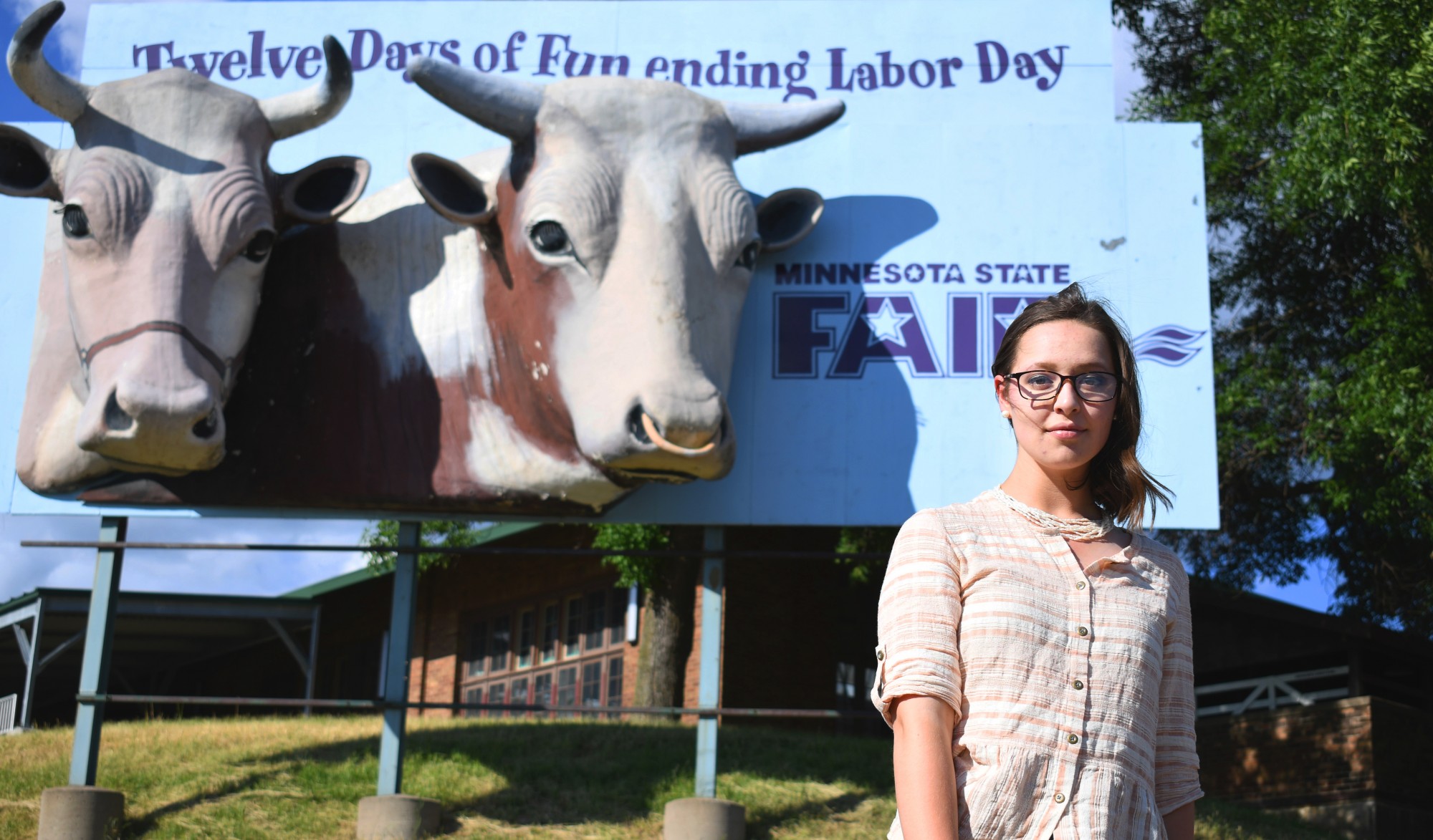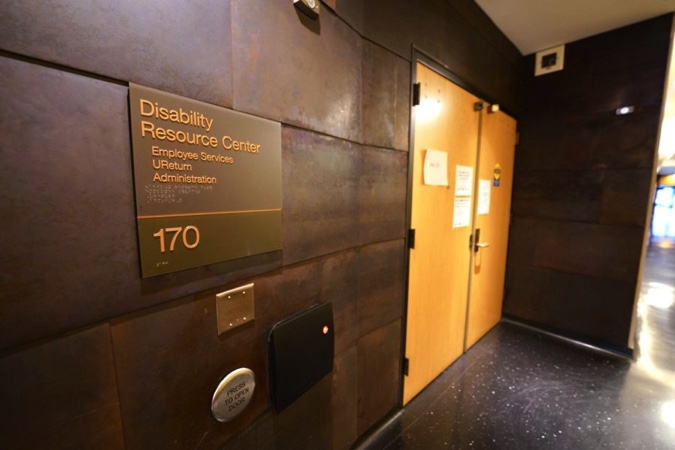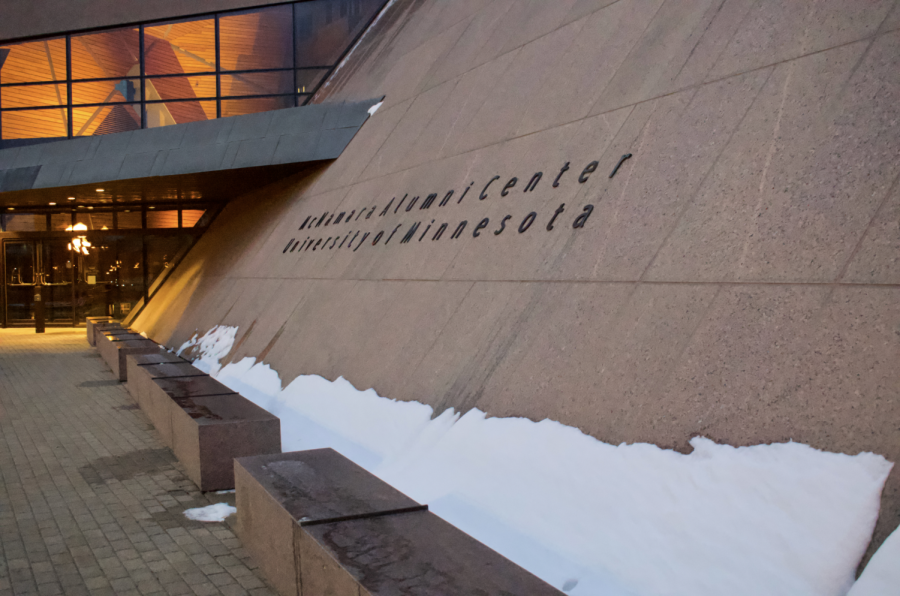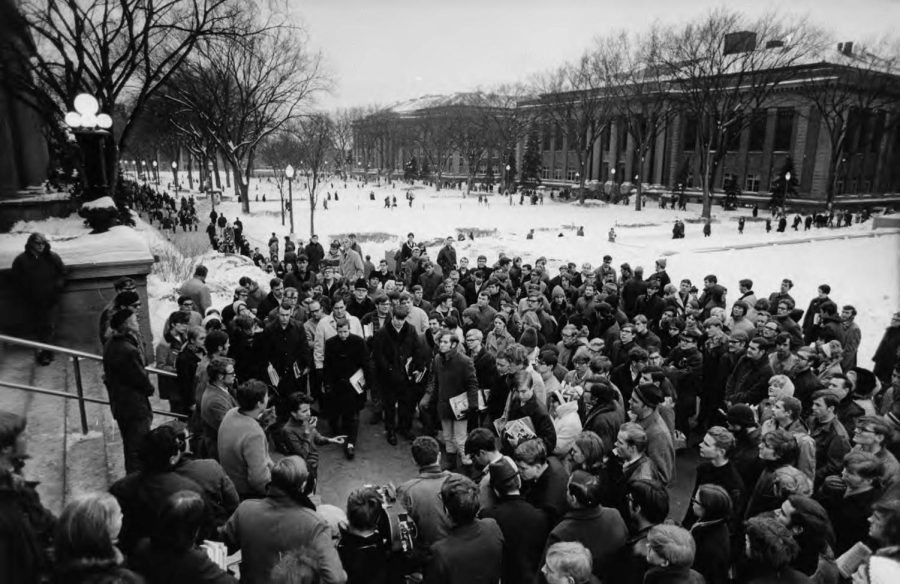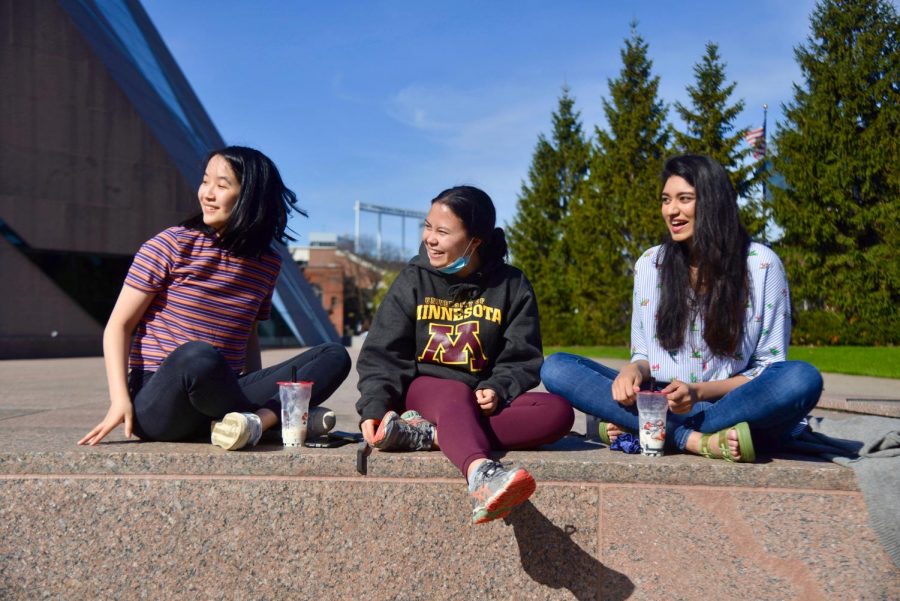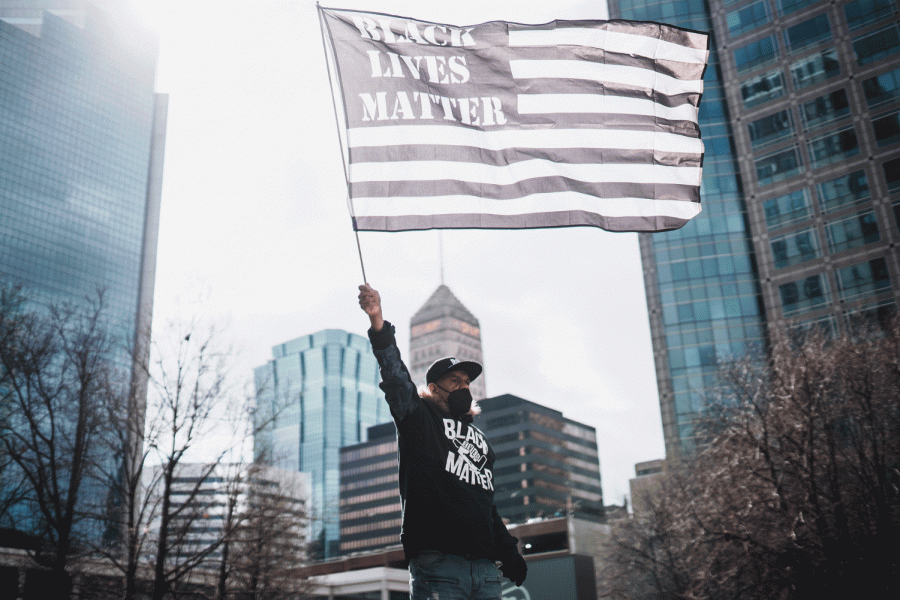For the past four years, Kendra Waldenberger has stayed overnight in dorms for 13 days at the Minnesota State Fair. Involved in the 4-H program since first grade, the second-year animal science student has been showing dairy cows since middle school and spends most of her summers preparing her cows for competition.
This August would have been the last year she was eligible to show through the program. But after the state fair was canceled due to concerns over COVID-19, her 13-year streak with 4-H came to an anticlimactic end.
Announced May 22, the cancellation of this year’s fair has affected Minnesotans across the state. For those planning to participate in livestock or vegetable competitions at the fair, conduct research or make some money this summer, the cancellation comes as a major disappointment.
“It’s been really sad to see the Minnesota State Fair canceled because that’s where I’ve met a lot of my best friends,” Waldenberger said. “It’s also a great way to talk with people who live in bigger cities who don’t get to meet a farmer or see a dairy cow.”
Livestock shows and pumpkin competitions
The state fair is a staple of second-year student Elaine Dorn’s summer.
Dorn and her family have been breeding sheep competitively for 15 years. Before the fair was canceled, they had already chosen which lambs they wanted to compete with, ensured they were fed on a special diet and trained them to walk in a show ring.
“For individuals within agriculture in my area, the state fair really is the highlight of your year,” she said. “It’s what you work towards from when those animals are born until when they’re in the showroom every single day.”
Like Waldenberger, this August was the last year Dorn could compete with 4-H. The fair is not just a place to showcase her hard work but also a time to see people she does not see the rest of the year.
“One of my favorite parts about going to shows is I get to see all my friends from across the state,” said Isaac Nelson, a third-year animal science student. “Most people who have animals and farm don’t get out much except for these shows … dairy farming is a 24-hour thing.”
Although most show animals as a hobby, some farmers rely on the state fair as a way to get their names out there.
Growing up on a dairy farm in southern Minnesota, Nelson said one of the reasons his family likes showing is for a chance in the spotlight, which lets people know their animals have good genetics. Winning comes with a sense of pride in himself and for his farm, knowing that his choices and work made it all possible.

For Nick Decker and his wife Christa, the state fair cancellation means they may have a giant pumpkin and nowhere to show it off.
Last year was their first time competing in the fair’s amateur Giant Pumpkin Contest, where they grew a pumpkin that weighed 185.5 pounds and ranked in eighth place.
This year, the two University alumni are trying to grow a pumpkin over 400 pounds. They have set up a small greenhouse around the plant, added soil heating cables to keep it warm and invested in high-profile seeds that were crossbred between two pumpkins weighing over 2,100 pounds each.
In the last three months, the Deckers have invested over 100 hours into the pumpkin. Watching how-to videos on YouTube and reading up on certain fertilizers, treatments and pollination, Decker said he has enjoyed trying to make the optimum conditions for their plant to grow.
“It’s my second child, for sure,” he said with a laugh.
The Deckers planned to display their pumpkin at the state fair in August but now hope to show it in October at the Stillwater Harvest Fest. But even if they cannot compete, Nick said he still plans to show it off, either by putting it at the end of his driveway, driving it around on a trailer or inviting friends to come over and see it.
“It’s just cool to know that something as simple as growing a vegetable has that satisfaction and gratification for people,” he said.
Missed research opportunities
The fair attracts more than 2 million visitors each year and is an opportunity for the University to showcase new developments and initiatives. Many researchers planned to conduct experiments or surveys at the fair this year, and the cancellation has caused them to delay projects and evaluate alternative means to collect data.
Irene Yuan, a fourth-year doctoral student studying computer science, was planning to work out of the University’s Driven to Discover Building at the fair to test and evaluate the effectiveness of a video chat system she has been working on for over a year.
The system is designed to allow children and older adults to read together remotely. While she planned to recruit around 80 participants to test the software at the fair, she may now only be able to reach 20-40 for the study.
Although she still believes she can finish her doctorate on time, this was one of her major projects. Its delay has forced her team to come up with alternative ways to do its research.
“The thing I was excited for the most [was] actually being with the people you’re building technology for … having more direct access to the target audience,” she said. “They’ll probably also bring new ideas for our research.”
Nathan Torunsky, a recent University graduate and researcher in the psychology department, has also been forced to change his fair plans. He and his team were excited to have access to a large Minnesota-specific population for their research on emotional perception.
“I think it is a little bit disappointing that no one will get to have that opportunity this year, especially in such an open and noncommittal environment as the state fair,” he said.

Lost revenue
Tony Seykora, an animal science professor at the University, said that around 30% of animal science students are involved in the state fair every year. Some compete in livestock competitions or work at the fair’s Gopher Dairy Bar, selling milkshakes and ice cream to raise money for the Gopher Dairy Club.
Although the club has enough money saved up to stay on budget this year, not being able to earn the $160,000 they make at the fair could set them back in the future, said Les Hansen, the Gopher Dairy Club adviser. Much of the money they raise goes toward scholarships and funding for the annual 11-day senior trip to California, so students who were counting on a fully paid trip may be disappointed.
For Sabastian Moore, a third-year student studying statistics and computer science, this year would have marked the 50th year in a row his uncle’s stand would have been at the fair. The shop, Funk Leather, is one of the oldest booths still present at the fair, he said.
The fair’s cancellation means he will miss out on his usual summer revenue. His uncle usually spends months preparing for the fair, and his summer stand is where he makes most of his income.
Helping run the stand is more than a summer job. Moore now knows a lot of the other fair vendors by name, and old teachers and friends will make it their mission to stop by and say hi. The fair is the only time they will see each other all year, and the two-week stretch of crowds, work and treks to the deep-fried pickle stand nearby usually marks the end of summer.
Moore said, “All those things that are associated with [the fair], like the smells and the tastes and it being really warm and crowded … I’m gonna miss that a lot.”


